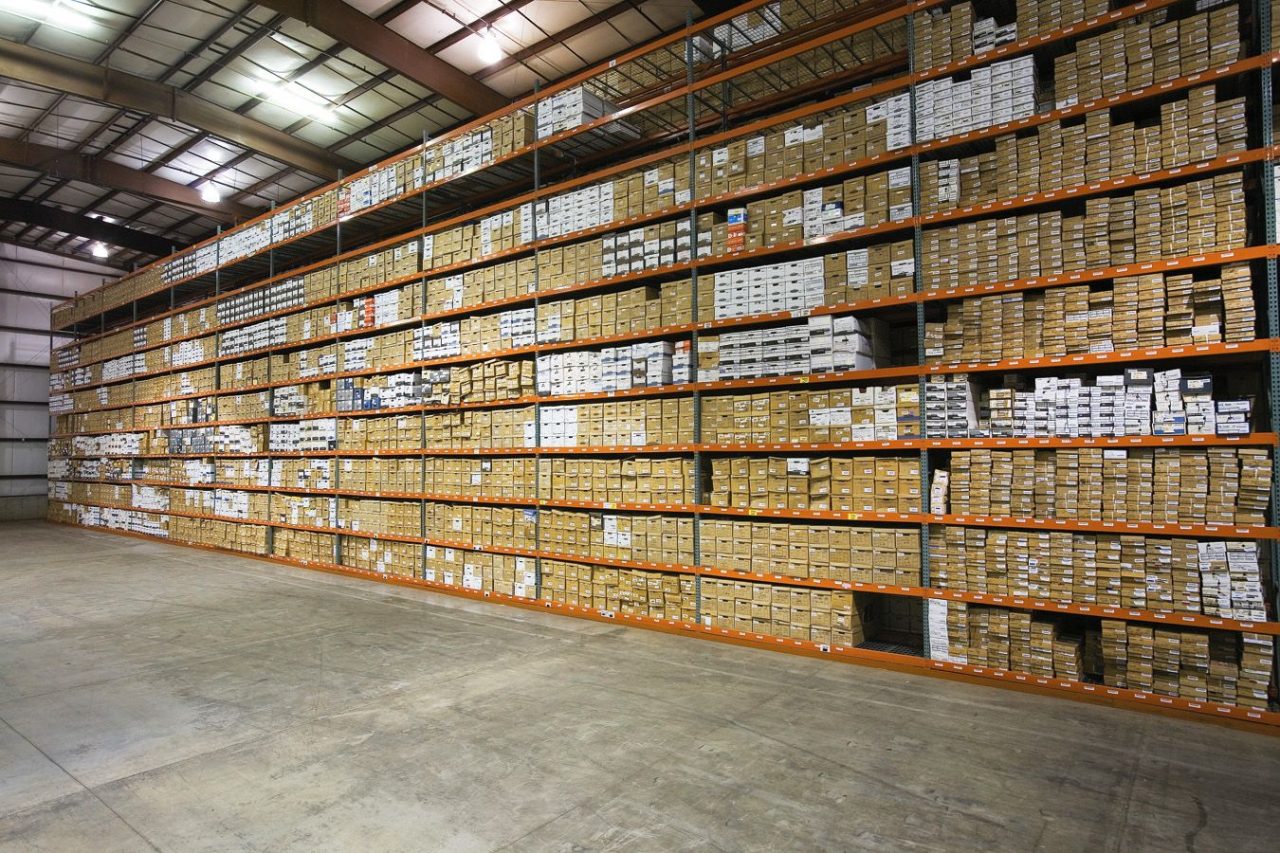We are all looking for methods to increase revenue while decreasing but making wise business decisions requires striking a delicate equilibrium between increased risk and financial costs. Here are some questions you should be asking yourself before storing your records in a self-storage facility:
Is it less expensive?
If you aren’t dangerously stacking boxes all the way to the ceiling, you are probably renting and paying for more space than you need despite the unit leasing price appearing to be a bargain. Did you remember to factor in the expense of sending staff to search through and locate the necessary files? Don’t neglect to factor in the price of low staff morale and pricey insurance claims that result from workers suffering injuries or possibly being involved in collisions while traveling to or from the unit. Over time, you end up spending more money and receiving less value than you would with a professional records storage service.
Is it protected?
Has the storage facility background checked their employees? Do they have a state of the art a security system, and cameras? Other storage customers frequently have 24/7 unsupervised access to the units around yours, even with a perimeter security system. This exposes your documents to mishaps, theft, vandalism, and shady landlords. You should have enough reason to reconsider keeping your company’s documents at a mini storage after watching one episode of Storage Wars.
Is it a formal setting?
What would you think if you saw a worker from a firm, you hired going through company records in a locker? Most people would say “not confident.” Your company’s image is valuable and ought to be handled accordingly.
Is the document management method efficient?
The Sarbanes-Oxley Act (SOX), Gramm-Leach-Bliley Act (GLB), Health Insurance Portability and Accountability Act (HIPAA), and other regulations are all complied with by a records management business, which is also insured, has your files barcoded and organized for quick retrieval or scanning on demand. You can see the two extremes of “document management” by contrasting that with a stack of crates of files in a storage space.
Is the environment controlled?
Although it costs significantly more, some self-storage spaces are climate-controlled, most are not. There is more to “climate-controlled” than just weather. Your documents are vulnerable to the effects of humidity, dust, air quality, mold, creepy-crawlies, and so much more even if a catastrophe doesn’t strike your unit. Don’t chance the air quality of a self-storage unit over a climate-controlled records management system, as this will reduce the lifespan of your files (or staff).
Is it practical?
Records management firms provide so many benefits that allow you to concentrate on managing your business. The only thing a self-storage unit can provide for your employees is a musty little haven to retreat to while burning hours on the clock.
Does it have catastrophe protection?
If you still need more proof that using self-storage for business files is a bad idea, think about the possibility that fire, bug infestation, mold, or floods could wipe out your data. All structures are vulnerable to these problems, but self-storage facilities pose a significantly higher risk because only you are concerned about the contents there. A reputable records center will safeguard your documents and data.
It is neither cost-effective nor professional to store your company’s documents in a self-storage facility. Consult Infoshred, a reputable records management company to keep your business secure and professional.
Request an estimate on our website or by calling 860-627-5800 to learn more. Our experts will ask you a few questions to better understand your requirements, after which they will tell you exactly what to expect from start to finish, including the cost.



